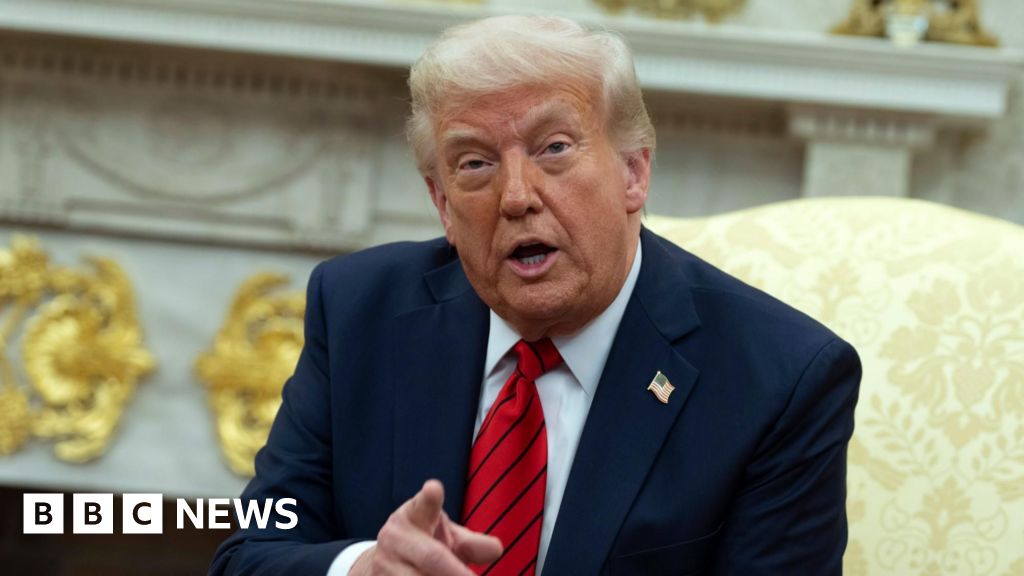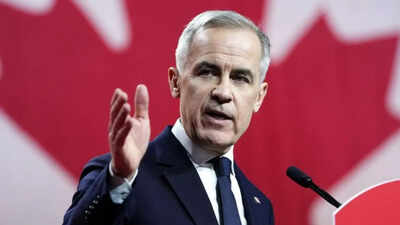Controversy Erupts as White House Demands Changes from Harvard University

On April 15, 2025, a scene of academic and political tension unfolded as students and faculty walked through the historic Harvard Yard at Harvard University in Cambridge, Massachusetts. The university, renowned for its academic excellence and commitment to diversity, found itself at the center of a heated controversy following a letter from the White House that outlined a series of demands directed at the institution regarding its hiring practices and admissions policies.
The letter, dated April 11, allegedly called for significant changes, including the dismantling of Diversity, Equity, and Inclusion (DEI) programs and the implementation of ideological screening for international students. This sweeping set of requirements has raised eyebrows and sparked outrage, particularly as it has been labeled "unauthorized" by sources familiar with the situation, according to a report by the New York Times.
According to two unnamed individuals who spoke to the Times, though the letter's contents were indeed authentic, there appeared to be confusion within the administration regarding how the correspondence had been handled. The letter was officially signed by three high-ranking federal officials: Josh Gruenbaum, the commissioner of the General Services Administration; Sean R. Kevney, the acting general counsel of the Department of Health and Human Services; and Thomas E. Wheeler, the acting general counsel of the Department of Education.
A spokesperson for Harvard University addressed the situation in a statement provided to CNBC, emphasizing that the letter was issued on official letterhead, was sent from a senior federal official's email, and arrived on the promised date of April 11. The spokesperson remarked, "Recipients of such correspondence from the U.S. governmenteven when it contains sweeping demands that are astonishing in their overreachdo not question its authenticity or seriousness."
Furthermore, the spokesperson expressed perplexity over the administration's actions, stating, "It remains unclear to us exactly what, among the government's recent words and deeds, were mistakes or what the government actually meant to do and say." They added, "But even if the letter was a mistake, the actions the government took this week have real-life consequences on students, patients, employees, and the standing of American higher education in the world." This highlights the profound implications that government decisions can have on academic institutions and the individuals they serve.
The fallout from the White House's demands was swift. In an unprecedented move, Harvard University officially rejected the requests laid out in the April 11 letter, a decision that placed approximately $9 billion in federal funding at risk. This rejection ignited a public feud between the prestigious university and the federal administration.
In response to Harvard's refusal to comply, the White House quickly announced its intention to freeze around $2.2 billion in grants earmarked for the university. This standoff raises significant concerns about the potential impact on the university's operations and its ability to provide educational opportunities to students.
Moreover, it has been reported that the April 11 letter emerged while Harvard's legal team was engaged in discussions with the White House regarding the university's handling of antisemitism and related issues. This context suggests a broader clash over policies surrounding free speech and academic freedom, which are increasingly under scrutiny in today's political climate.
The developments in this situation continue to unfold, leaving many to wonder how this dispute will shape the future of higher education in America and the fundamental tenets of academic independence.



























